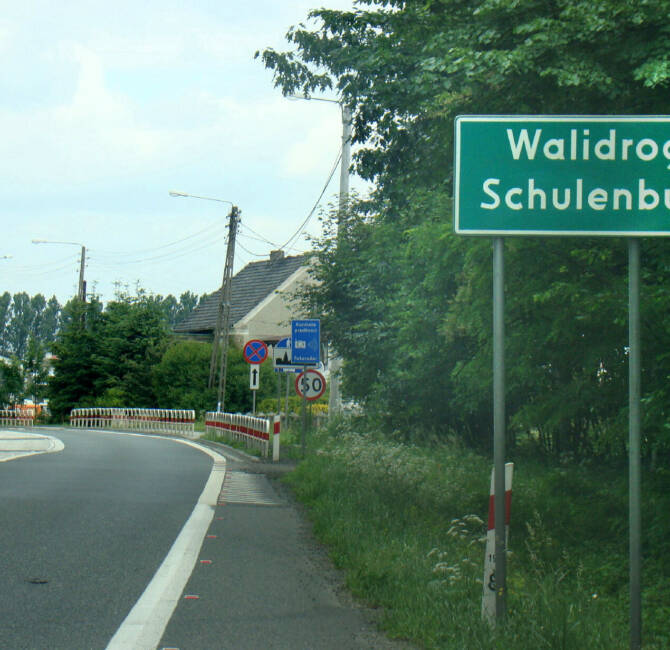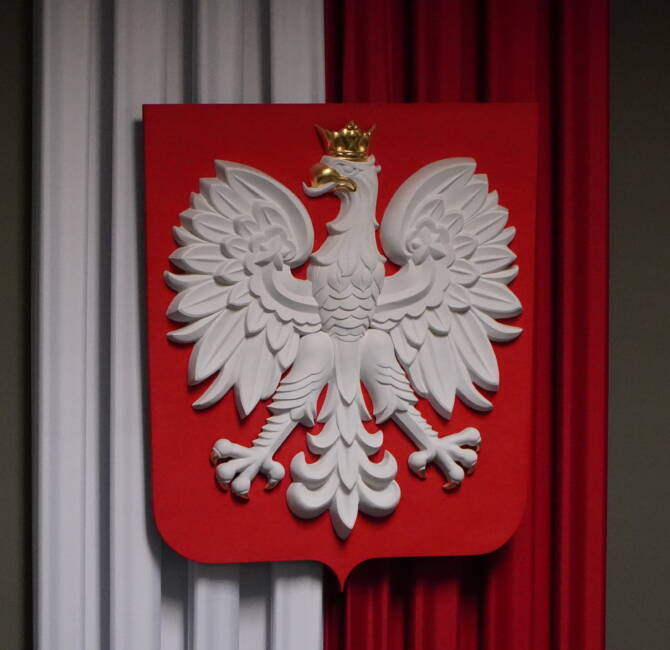Hungary – Hungarian Prime Minister Viktor Orbán visited Paris on Monday, 13 March, where he was received by French President Emmanuel Macron for a working dinner at the Élysée Palace. The two leaders discussed the Russian-Ukrainian war and the development of the European defence industry, but also the issue of nuclear power and in particular the extension of the Paks nuclear plant in Hungary.
Szijjártó in Flamanville
Hungary’s Foreign Minister Péter Szijjártó visited a nuclear power plant in Flamanville, France on the same day, one month after his trip to Paris on 14 February, and he wrote on Facebook:
“The control system, which is at the heart of the new Paks nuclear power plant, is being manufactured, or at least should be manufactured and delivered, by a Franco-German consortium.
The current situation is that the German government is blocking the process via unfair means,
and we have to change things:
We are here to negotiate a further strengthening of Framatome’s role, so that Berlin can no longer block the delivery of the control technology for Paks.
The security of our energy supply is a matter of sovereignty for us, and we will not allow anyone to jeopardise Hungary’s supply.
(…) In the future, two things must be done in the area of energy supply.
We must have a secure, cheap, and reliable energy supply in the long term, and we must have it while taking into account environmental concerns.
It is obvious that nuclear energy can meet both objectives. (…)
In the field of nuclear energy, important cooperation has been established between France and Hungary, which will now have practical consequences and ramifications.”
A nuclear pact between France and Hungary
On this subject, on 14 March the German daily newspaper Frankfurter Allgemeine Zeitung mentioned a “nuclear pact between France and Hungary” and wrote:
“The Hungarian government is increasingly counting on cooperation with France for the expansion of the Paks nuclear power plant.
The German government has so far not allowed the export of a Siemens Energy control system, because the Russian nuclear corporation Rosatom is involved in the project.”




